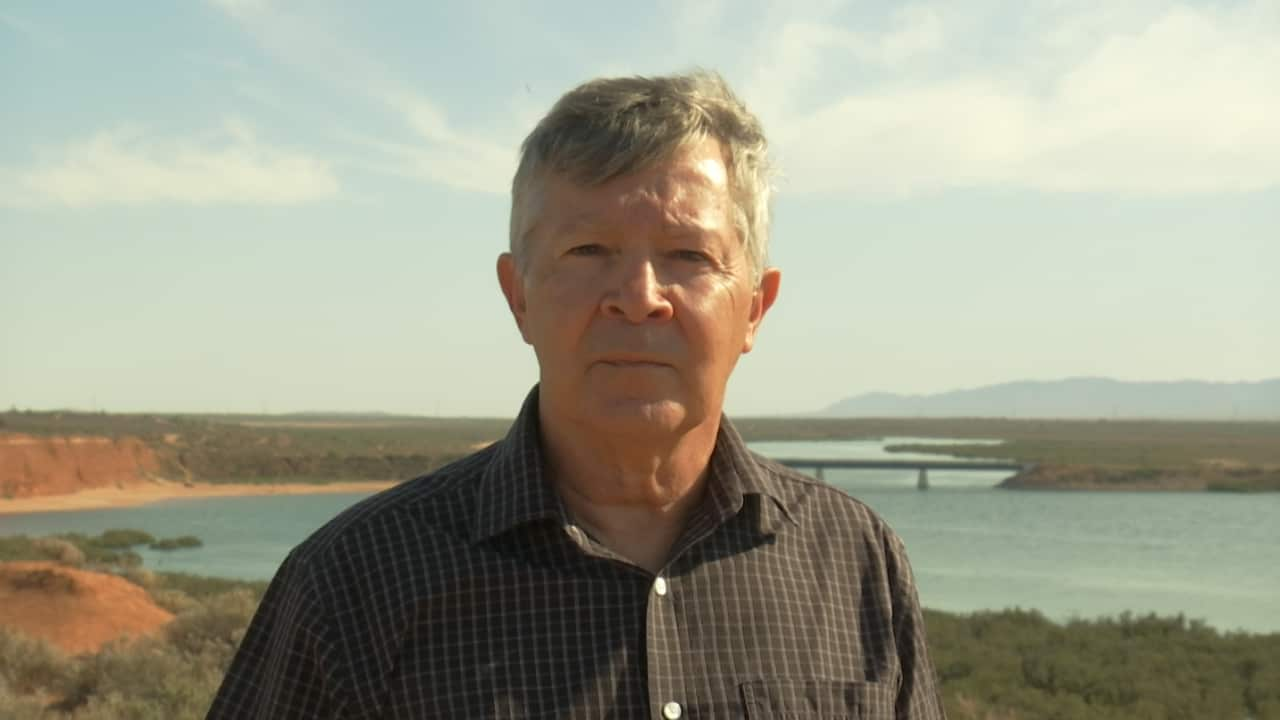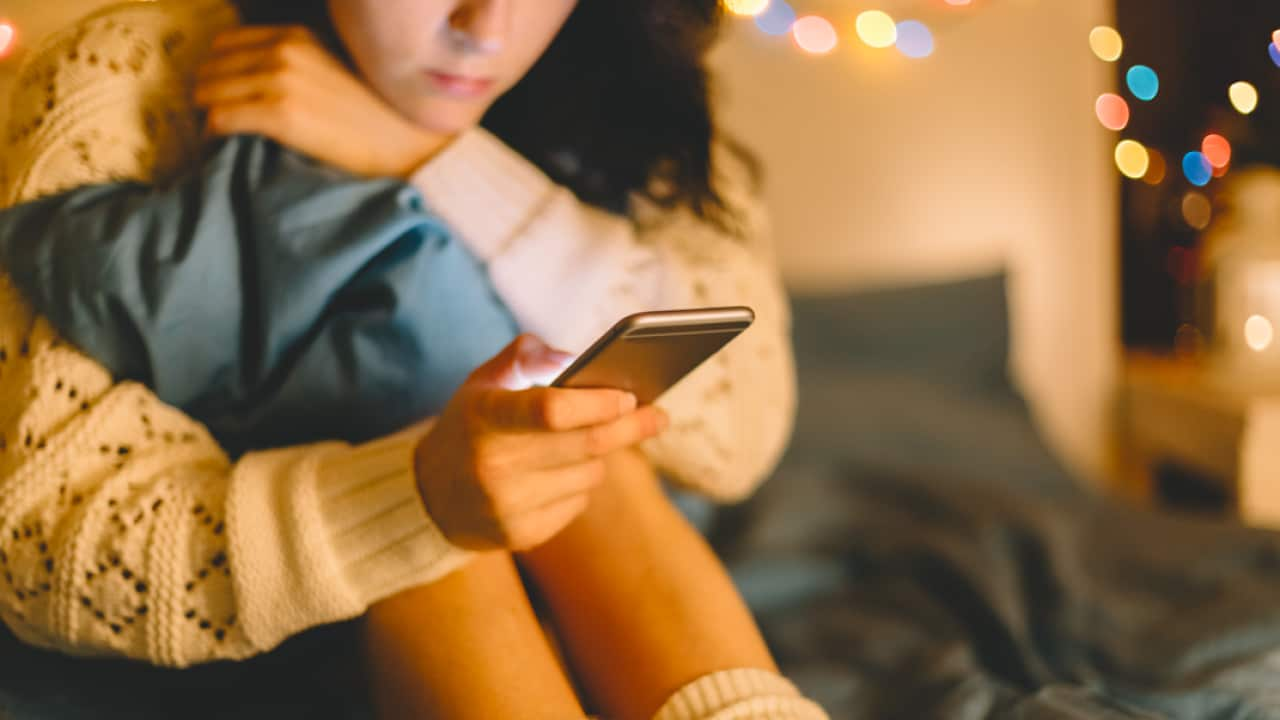Rohit Roy Kumar has had his own personal battles with mental health.
Ten years ago he fell into depression and had thoughts of harming himself, he was later diagnosed with severe depression.
He says it took him a long time to open up and start talking about the issue with those close to him.
“When I started talking to my family it was a new thing, no one knew what depression was, if we needed medical or spiritual help. It took me three to five years to get to the stage where I saw a doctor,” he told SBS News.
Now the President of the Australian Integrated Fijian Association of Victoria, he runs online sessions giving information to those in the community about the help that is available.
But he is concerned the information isn’t getting out there enough and that the community is suffering in silence during the coronavirus pandemic. “When you talk about mental health in the community they talk about someone who is possessed or dangerous or who is ill and needs to be isolated from the community instead of supporting them,” he said.
“When you talk about mental health in the community they talk about someone who is possessed or dangerous or who is ill and needs to be isolated from the community instead of supporting them,” he said.

Rohit Roy Kumar says mental health is still highly stigmatised in the Fijian community. Source: Supplied
“Particularly the barriers we have in terms of the stigma, people are not approaching professional help, people are just having physical abuse in the family, a lot of people heading to alcohol addiction too,” Mr Kumar added.
Mr Kumar is calling on the government to establish two community hubs in Melbourne to help provide services and information to those in need in the Pacifica community.
“When we try to open up we are seen as a weak person, it is a shame to our community to even speak of mental health,” Mr Kumar said.
“They don’t know where the resources are available, there is a lack of education and knowledge on mental health awareness and that’s the biggest challenge at the moment, that lack of knowledge, especially those from non-English speaking backgrounds."
The proposal, backed by the Charan Foundation which provides funding for community sport programs, would use already established community centres and the costs associated would be for running events and community engagement with mental health services. They are yet to put a proposal to the government.
Sally Charan from the Charan Foundation said much more support was needed, particularly for Pacific Islander youths.
"They have become increasingly isolated with coronavirus and have been drawn back into the home, we need more engagement to get them out there," she said.
Ms Charan is calling on the government to provide more support for things like sporting grants to help engage vulnerable youths.
"We need to engage youths and sport is a great way to do that, but we need the support for things like fees and equipment," she said.
Mr Kumar said Australia’s Pacifica community was often overlooked when it came to dedicated government support.
“People from Pacifica are considered a minority, but our community is growing. There has been a lack of support that has been shown to our Pacifica community and Fijian community when we need to create the awareness,” he said.
“So if the government gives the funding we can actually eliminate this issue at the early stages.”
According to the 2016 census, there are just over 200,000 Australians with Pacific ancestry living in the country, but the community has grown almost 38 per cent compared to the 2011 census.
SBS News sent questions to the federal Health Minister about programs dedicated to supporting those from the Pacifica community with mental health.
They responded with a list of mental health services and supports available to the broader culturally and linguistically diverse communities, including $4.29 million in federal government funding over three years to provide a national focus on mental health and suicide prevention for people from CALD backgrounds.
University of Wollongong Associate professor of social work, Jioji Ravulo, is researching the impact of mental health on Pacifica communities in Australia.
"We are only one of many in Australia, however, we are overrepresented in so many areas, youth offending, non-communicable diseases. There is also a trend in western Sydney where suicide is more prevalent amongst our Pacific community."
He said it was important to "demystify and destigmatise" the issue of mental health in the community which is more often seen as a spiritual issue rather than a health one.
"That translates into their help-seeking behaviour, so because of seeing that this is more of a spiritual issue, they won’t access clinicians and help."
Readers seeking support and information about suicide prevention can contact on 13 11 14, on 1300 659 467 and on 1800 55 1800 (up to age 25).













